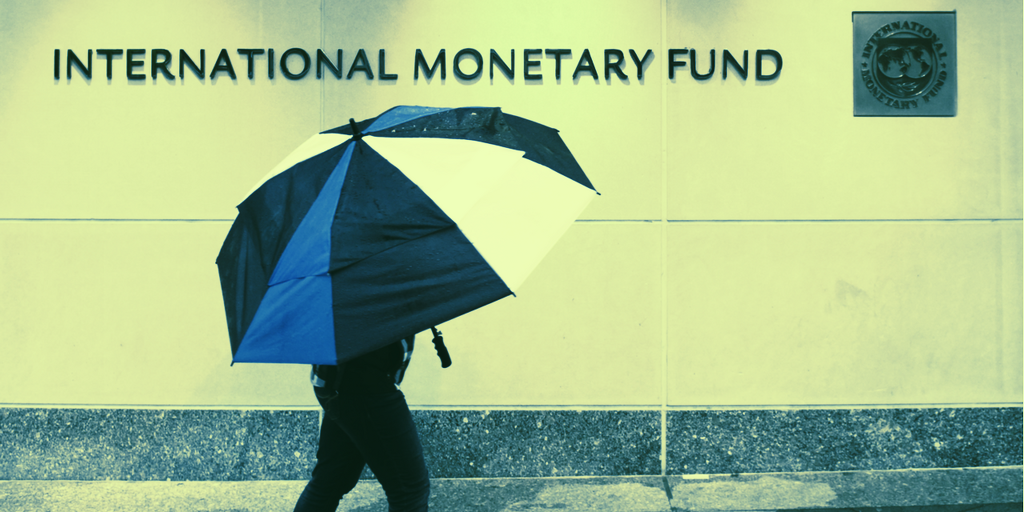The International Monetary Fund (IMF) has warned of “systemic” financial stability risks from the growing crypto sector and called for “comprehensive, consistent and coordinated” global regulation of the industry.
In a blog post, the IMF’s Tobias Adrian, Dong He, and Aditya Narain argued for “comprehensive international standards” to address the risks posed to the financial system from cryptocurrencies, while calling for an “enabling environment for useful crypto asset products and applications.”
Crypto service providers such as exchanges should be licensed or authorized, argued the post’s authors, while a distinction should be made between services and products for investments versus those intended for payments, with the former being overseen by the securities regulator and the latter overseen by “the central bank or the payments oversight authority.”
Finally, financial institutions with exposure to crypto should have to adhere to “clear requirements” including limits on exposure, investor suitability, and risk assesments.
The post’s authors highlighted risks including “cryptoization” of emerging markets and developing economies, where cryptocurrencies “replace domestic currency and circumvent exchange restrictions and capital management measures.”
The IMF also pointed to the crypto selloff that accompanied reports of the Omicron COVID-19 variant, arguing that the crypto market’s $2.5 trillion market cap could reflect “froth in an environment of stretched valuations.”
A global strategy
The IMF highlighted the challenges posed by crypto’s “cross-sector and cross-border remit,” and the different strategies towards the asset class adopted by different countries.
“Many crypto service providers operate across borders, making the task for supervision and enforcement more difficult,” the authors noted.
Regulators around the world have ramped up their focus on cryptocurrency over the past year; last month, the US Federal Reserve, FDIC, and OCC released a joint statement setting an ambitious crypto agenda, taking on issues including stablecoin issuance by banks. Soon afterward, the OCC published a letter instructing banks that they need to demonstrate adequate controls before engaging in crypto-related activities.
In the UK, the Financial Conduct Authority has invested $670,000 in staff training to pinpoint criminal uses of crypto. And in Japan, the Financial Services Agency announced plans to limit stablecoin issuance to banks and wire transfer companies in 2022.
Source: https://decrypt.co/87980/imf-wants-comprehensive-coordinated-global-crypto-regulation




